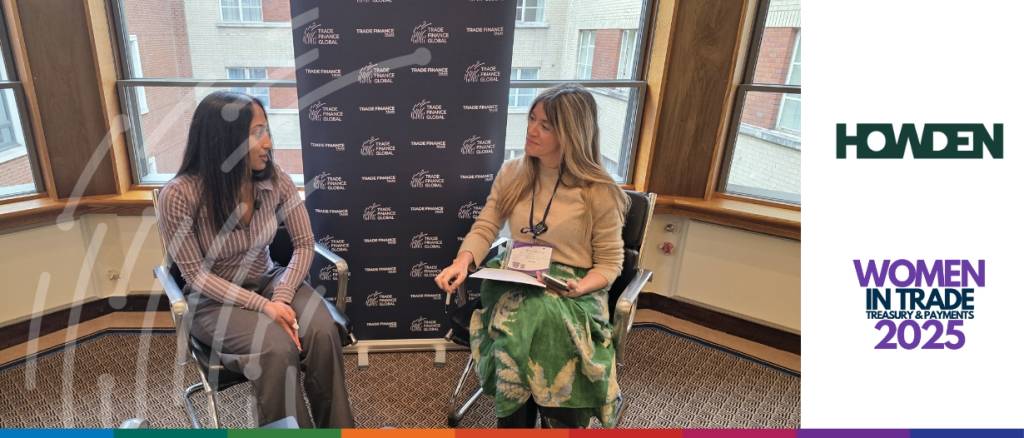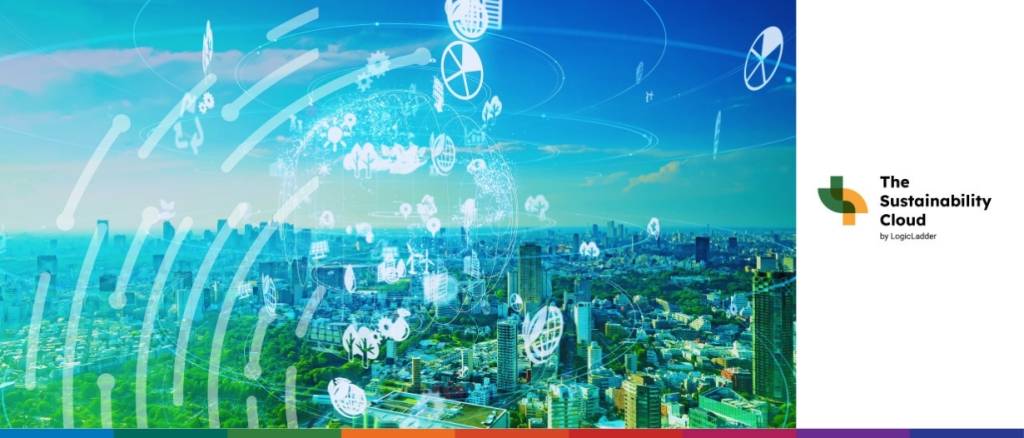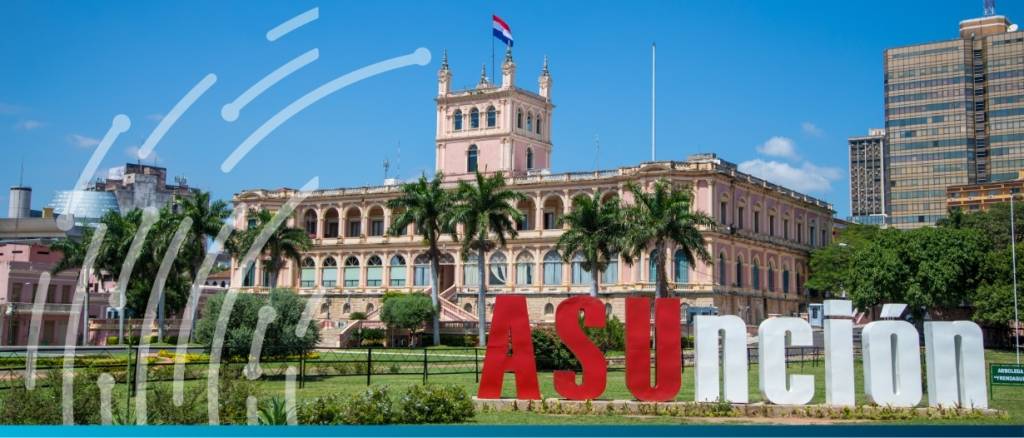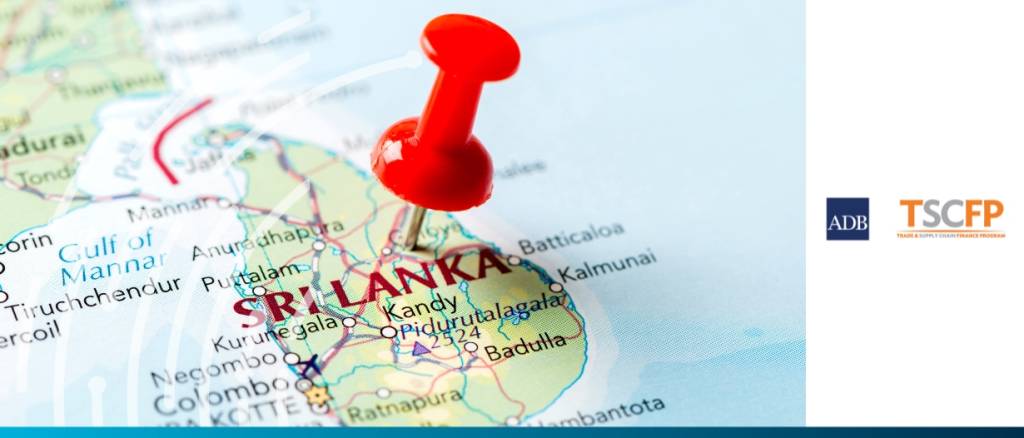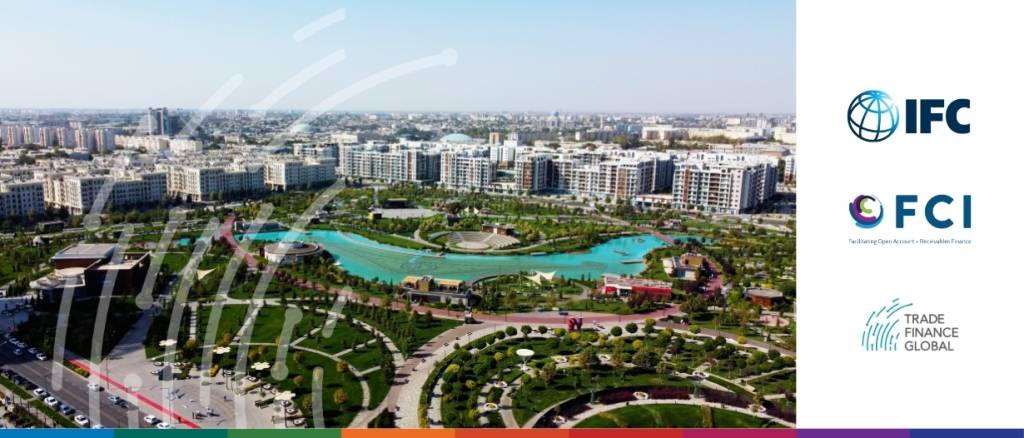To discuss these potential implications and explore how a second Trump presidency will reshape global trade, finance, and geopolitical dynamics, Trade Finance Global spoke with Rebecca Harding, Economist at Rebecanomics; Robert Besseling, CEO at Pangea Risk; Alyssa DiCaprio, former Chief Economist at R3; and Simon Everett, Trade Policy Expert on the day the results were announced.
Capital investment can be vital for driving economic development, but on its own, it is rarely enough. True development requires robust financial systems that serve all trade participants and minimise… read more →
The PSR, which oversees payment networks such as Faster Payments and Mastercard, will see its responsibilities consolidated into the Financial Conduct Authority (FCA), in order to make the regulatory landscape… read more →
The investment will support AgDevCo’s financing of small and medium-sized enterprises (SMEs) in rural areas producing high-impact crops, contributing to sustainable development and regional food security. AgDevCo, founded in 2009,… read more →
In today’s climate-conscious world – where embedded carbon increasingly shapes trade decisions – the most vulnerable are the micro, small, and medium-sized enterprises (MSMEs). According to the European Commission, small enterprises represent 99% of all businesses in the EU and contribute nearly 50% of its GDP. For a region looking to be climate-neutral by 2050, small enterprises are the EU’s footsoldiers in making the European Green Deal a reality. However, limited access to climate technology for small enterprises can be a bottleneck in the EU’s green dreams.
“We require policy consistency to justify increased investment in pulse cultivation,” said Njla Souza. Brazil exported 70,000 tonnes of urad (black gram) to India last year, establishing itself as the… read more →
The facility, arranged for Paraguay’s Banco Continental, sees the OPEC Fund and CBD each contribute £20 million to support lending to small and medium-sized enterprises (SMEs), intended to bolster agricultural… read more →
The National Development Bank (NDB Bank), one of Sri Lanka’s largest commercial banks, has launched the country’s first supply chain finance program. The banking solution, TradeLinc, is set to optimise… read more →
Brazil is pioneering a digital transformation in trade finance that promises to revolutionise how small and medium-sized enterprises (SMEs) conduct cross-border business. At the intersection of technology and international trade,… read more →
At the FCI conference in Tashkent, Uzbekistan, Trade Finance Global spoke to Neil McKain, Country Manager for Uzbekistan at IFC, Davron Ismailov, CEO of Yangi Finance, and Sanjar Nosirov, Director of the Credit Institutions Regulation Methodology Department at the Central Bank of the Republic of Uzbekistan, to learn about the growth of cross-border and domestic trade within Central Asia and what factoring and supply chain finance can do to help.















